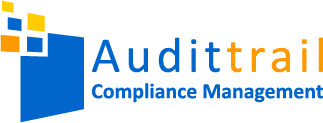Organization
A French manufacturing organization, aligned with importing private and corporate vehicles focusing on high quality in selling and delivering cars and services, contacted Audittrail. The quality manager had created a new Quality baseline with specific instructions to improve on quality for the dealer network in the Netherlands (450 sales and aftersales locations).
Through the implementation of this baseline the dealer network would be enabled to conduct business in a uniform manner, enhancing internal quality. Ranging from showroom interior to the presentation of car accessories, and from handling a car for repair works to delivering a repaired car.


